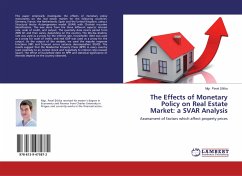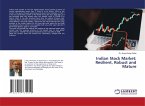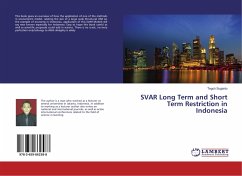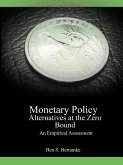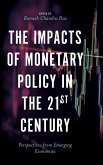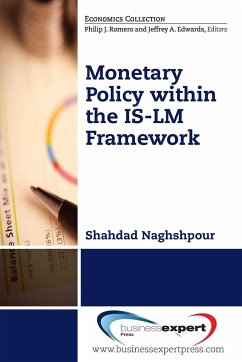This paper empirically investigates the effects of monetary policy instruments on the real estate market for the following countries: Germany, France, the Netherlands, Spain and the United Kingdom, using a Structural Vector Autoregression model (SVAR) with Choleski recursive identification. This was done from the three different aspects: interest rate, scale of credit, and output. The quarterly data covers period from 2005 Q1 and then varies, depending on the country. The Wu-Xia shadow rate was used as a proxy for the interest rate, households¿ debt was used as a proxy for scale of credit, and real GDP was used as a proxy for the output. As the output of the analysis, we used the impulse response functions (IRF) and forecast errors variance decomposition (FEVD). The results suggest that the Residential Property Prices (RPPI) in every country react positively to an output shock and negatively to interest rates (except Spain). The effect of household debt on RPPI and statistical significance of intervals depend on the country observed.

